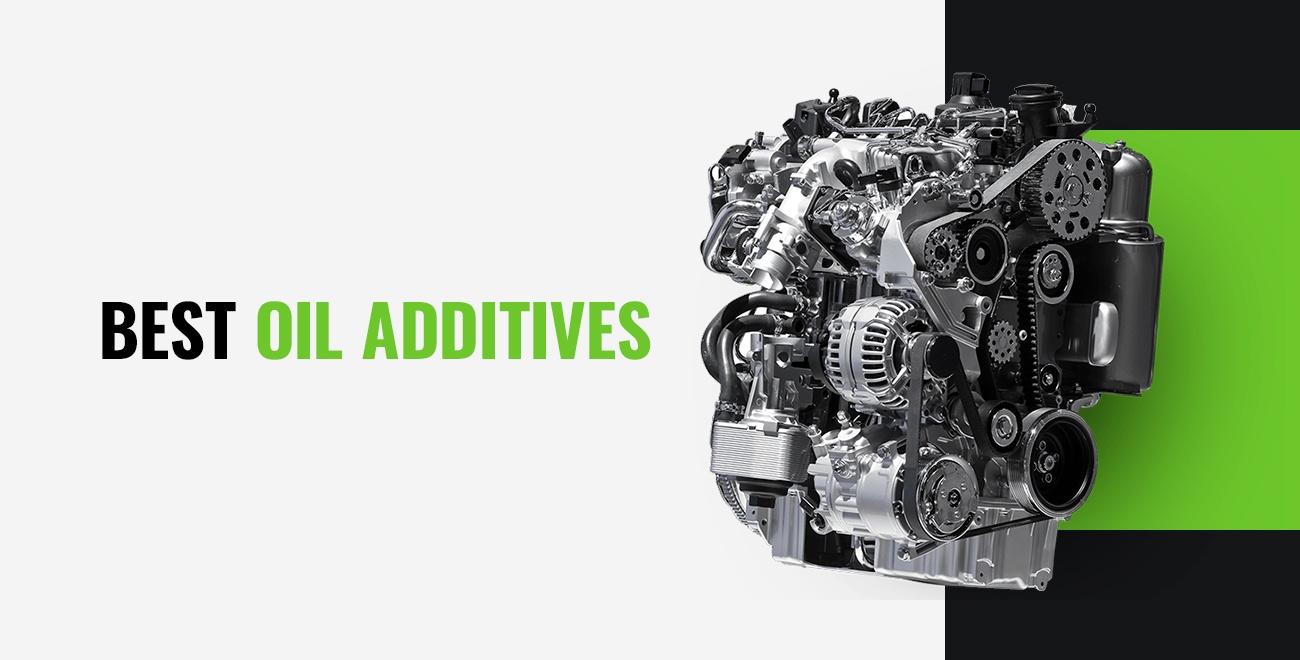Introduction
The lubricant additives market in 2024 is highly competitive, with several suppliers vying for industry leadership. Businesses must carefully assess suppliers to find a partner that aligns with their needs. This guide compares top suppliers based on critical factors like quality, innovation, customer support, and sustainability.
1. Quality and Consistency
Quality remains a top priority when choosing a supplier.
a. Adherence to Standards
Leading suppliers in 2024 maintain global certifications like ISO 9001 and API standards. These certifications demonstrate their commitment to excellence.
b. Product Uniformity
Suppliers like Company A and Company B excel in delivering consistent formulations, ensuring reliable performance across applications.
c. Rigorous Testing
Innovators in the field prioritize stringent quality checks to meet diverse industry demands.
2. Innovation and R&D Leadership
Innovation differentiates top suppliers from the rest.
a. Technological Advancements
Suppliers such as Company C invest heavily in R&D, offering groundbreaking additives for energy efficiency and enhanced equipment longevity.
b. Tailored Solutions
Companies with customizable additives cater to unique customer needs, a hallmark of industry leaders like Company D.
c. Future-Focused Development
Suppliers incorporating nanotechnology or bio-based additives are paving the way for a sustainable future.
3. Customer Service Excellence
Customer support is often the deciding factor for long-term partnerships.
a. Proactive Communication
Suppliers like Company E excel in providing prompt and clear communication, minimizing operational delays.
b. Technical Assistance
Technical support teams that assist with application challenges add immense value to clients, as seen with Company F.
c. Training Programs
Several top players offer training on additive applications, empowering customers to maximize product efficiency.
4. Sustainability Practices
Sustainability is a growing focus in the lubricant additives market.
a. Green Additive Formulations
Suppliers like Company G lead the charge with bio-based and low-emission additives.
b. Energy-Efficient Manufacturing
Companies incorporating energy-saving technologies in production reduce their environmental footprint.
c. Certifications in Sustainability
ISO 14001 certification is becoming a benchmark for suppliers aiming to meet environmental standards.
5. Global Supply Chain Efficiency
A robust supply chain ensures timely and reliable product availability.
a. Regional Distribution Networks
Suppliers with a widespread presence, like Company H, provide faster delivery across regions.
b. Inventory Management
Advanced inventory systems allow top suppliers to manage fluctuating customer demands effectively.
c. Crisis Management
Suppliers that demonstrated resilience during global supply chain disruptions in recent years remain strong contenders in 2024.
6. Pricing and Value for Money
Cost considerations are crucial but must be balanced with quality.
a. Competitive Pricing Models
Suppliers like Company I offer transparent and flexible pricing structures, appealing to diverse industries.
b. Long-Term ROI
Higher upfront costs can lead to lower operational expenses, a factor emphasized by several top suppliers.
c. Bundled Services
Value-added services such as extended warranties or after-sales support enhance supplier appeal.
Conclusion
In 2024, selecting the right lubricant additive supplier involves evaluating multiple factors, from product quality and innovation to sustainability and customer service. Companies that balance these qualities while adapting to market needs remain at the forefront of the industry. By considering the comparisons in this guide, businesses can confidently choose a supplier that meets their operational and strategic goals.

